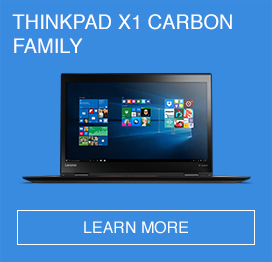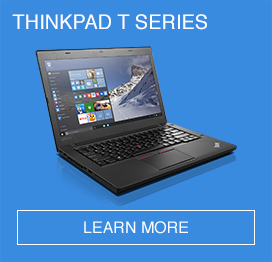Mobile phones and tablets are no longer just for phone calls and viewing material; they’re extremely powerful data collection tools that allow field researchers to perform their duties more efficiently.
Mobile devices, when combined with appropriate software, let researchers travel outside the lab and quickly collect and analyse data on-site so they can produce results faster. Accordingly, these professionals need durable and long-lasting mobile devices to immerse themselves in their work while away from the lab. Here’s how field researchers use mobile technology to improve the ways they work.
A whole new world of field research
Field research can help organisations better understand their work or their products, and mobile devices allow teams to plan, set up and execute studies much faster. Field researchers can interview and observe their subject matter with a variety of tools at their disposal, such as tablets, mobile phones, video recorders, web streaming, digital cameras and Livescribe pens that allow you to upload data to a computer.
This is particularly important for field researchers in industries such as agriculture, where the mobile device becomes an extremely important element of the study. For example, an agricultural researcher might look at a soil sample and try to decipher information about erosion and rainfall. With the help of a mobile phone’s GPS, those coordinates could be sent to a cloud server modelling service which calculates soil erosion and other elements based on the conditions. The researcher then has access to immediate analysis of the data, and this can help with their investigations.
Bolstering the human sciences
The digital revolution is expanding the number of channels available to marketers looking to reach their audience. Data generated from each channel also helps marketers measure the channel's effectiveness and understand how it is resonating with consumers.
Mobile devices allow companies to produce data collection samples, such as surveys, questionnaires, videos, software and polls when users download or access information. They also enable users to give feedback in real time. For example, an organisation could use the proliferation of smartphones to deliver a globally accessible app that collects data from multiple international sources, giving researchers more granular and diverse results than previously possible.
Technology is having a huge impact on the world of field research, and still has a long way to go. As mobility factors such as battery life and durability continue to evolve, more and more people will be able to conduct longer and more comprehensive field research. Companies that are analysing real-time data collected at the coalface can now potentially unlock insights that will help improve products and services.
Lenovo® ThinkPad® and ThinkCentre® products, powered by Intel® processors, are optimised for long, worry-free hours of superior productivity delivering breakthrough innovation that really matters. Read more about how Dr. Zoltan Takacs uses Lenovo technology to enable his research to address and conquer today’s medical issues.

















